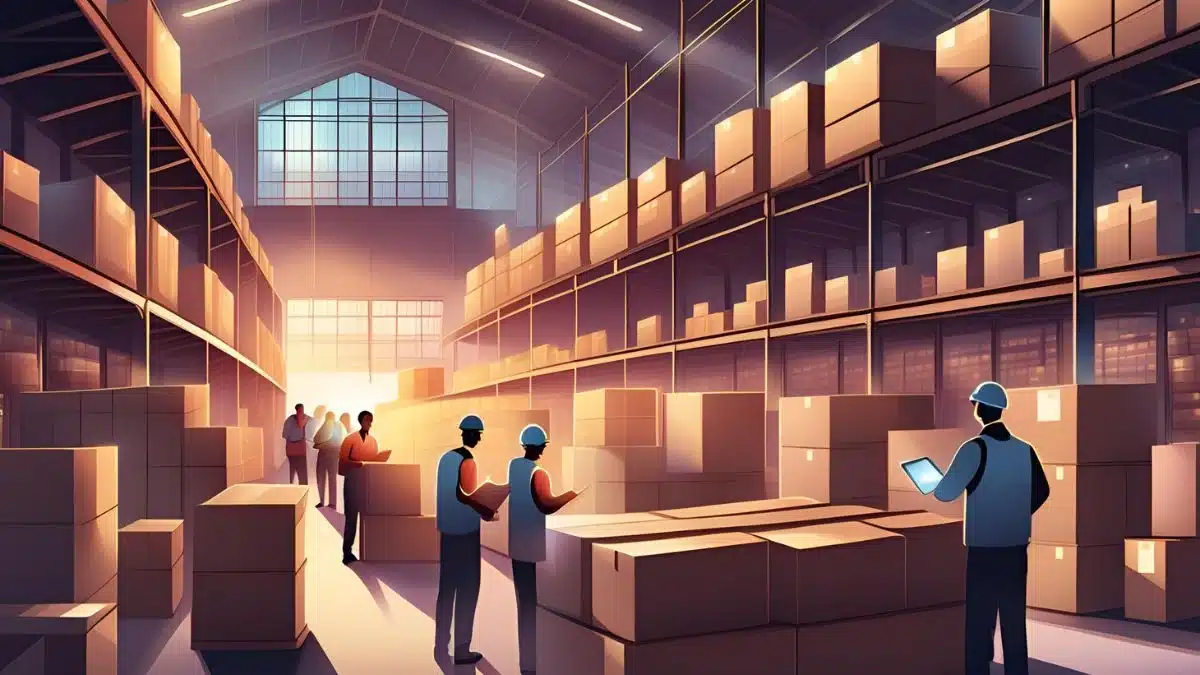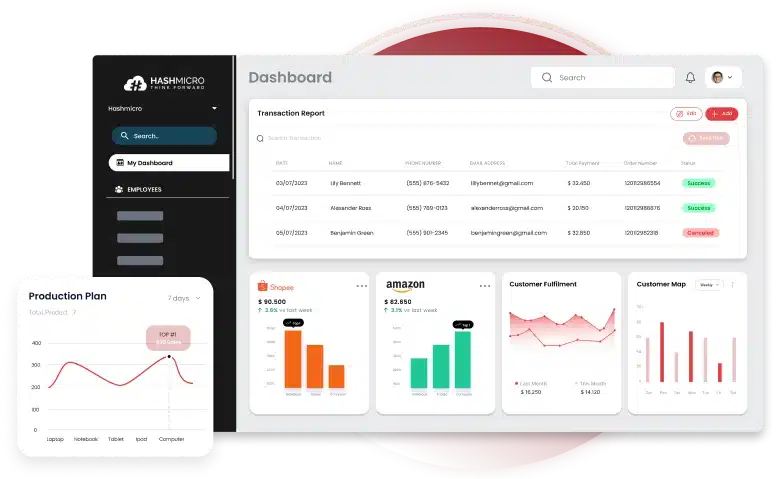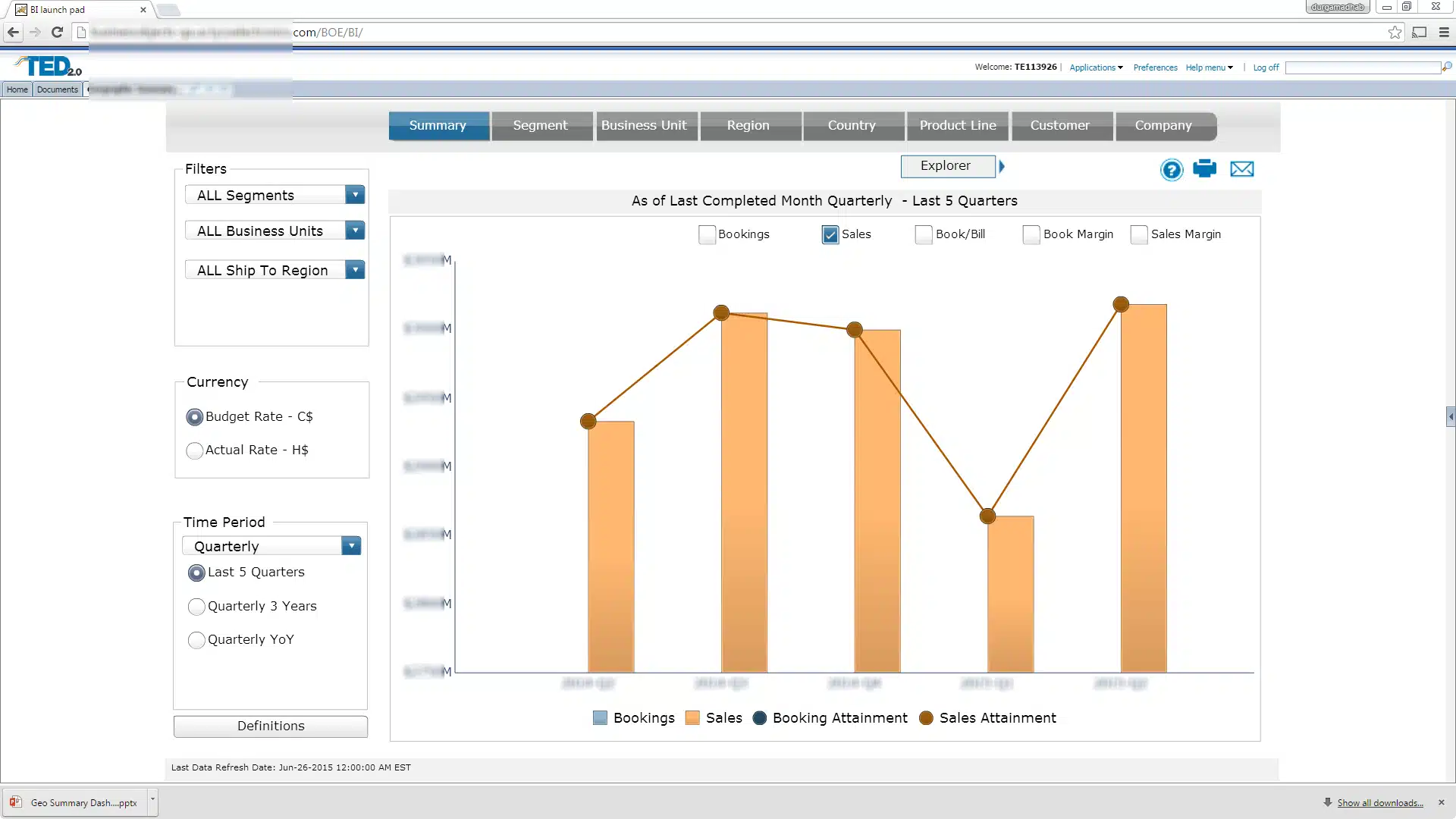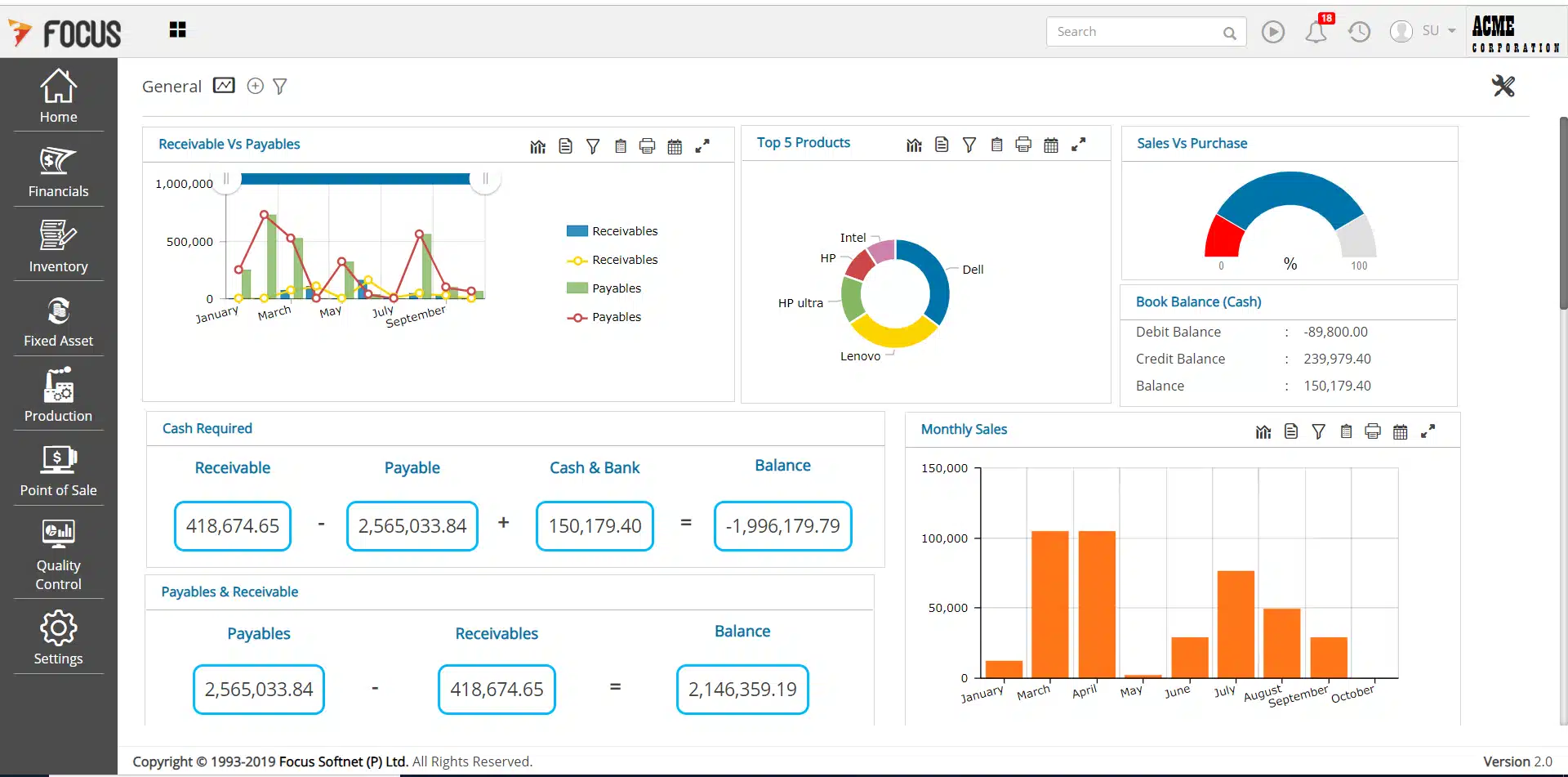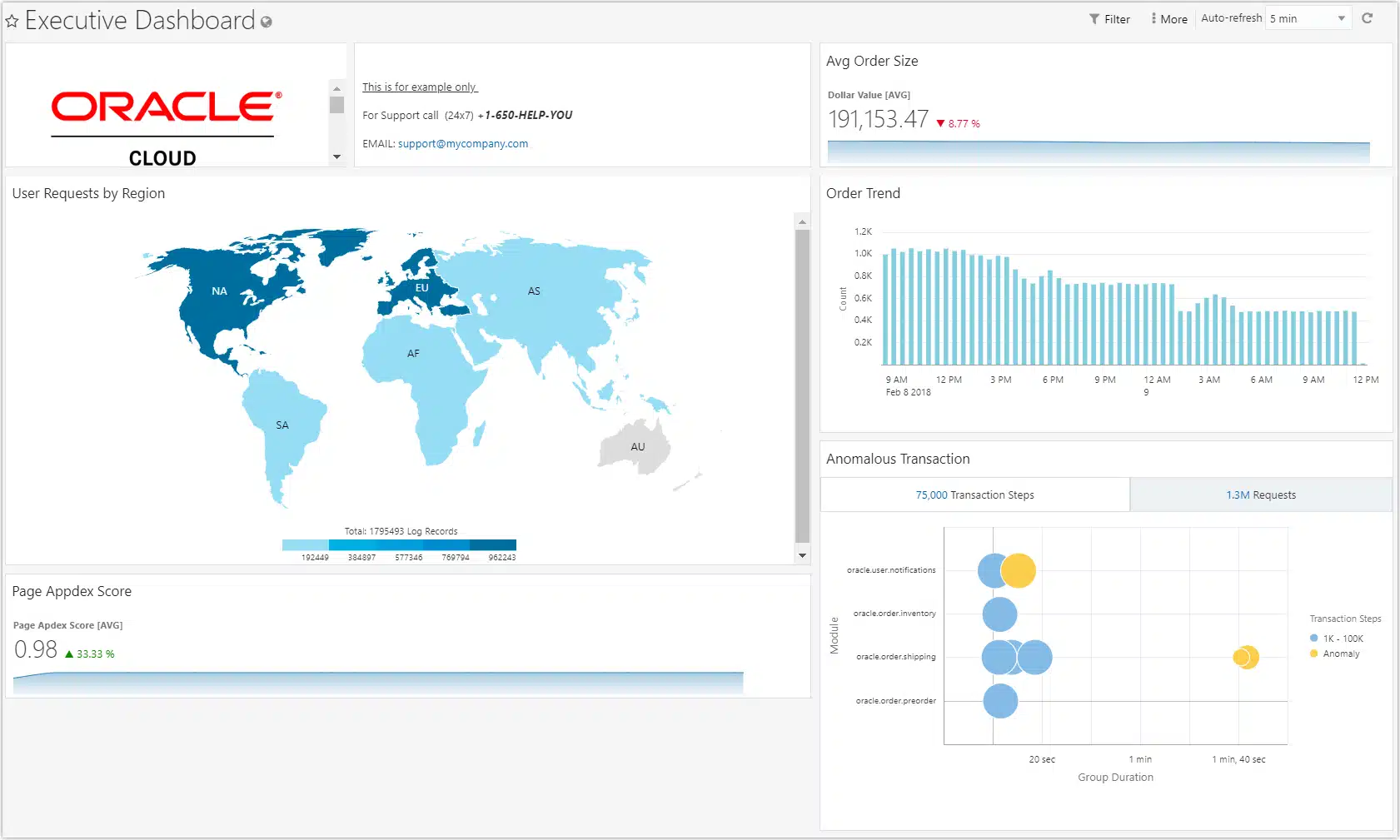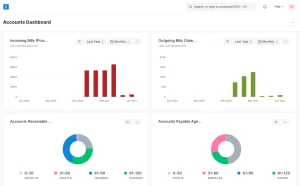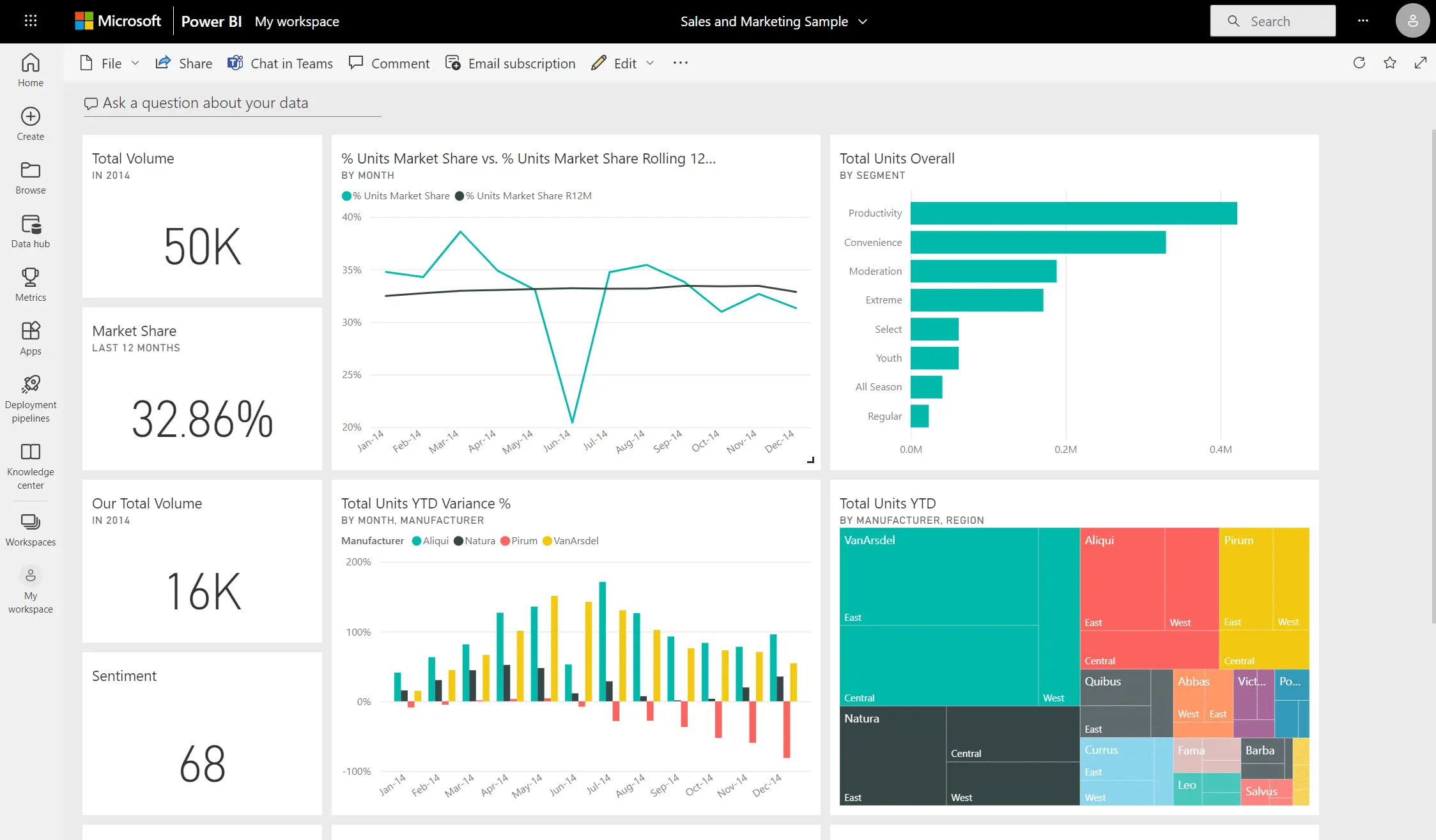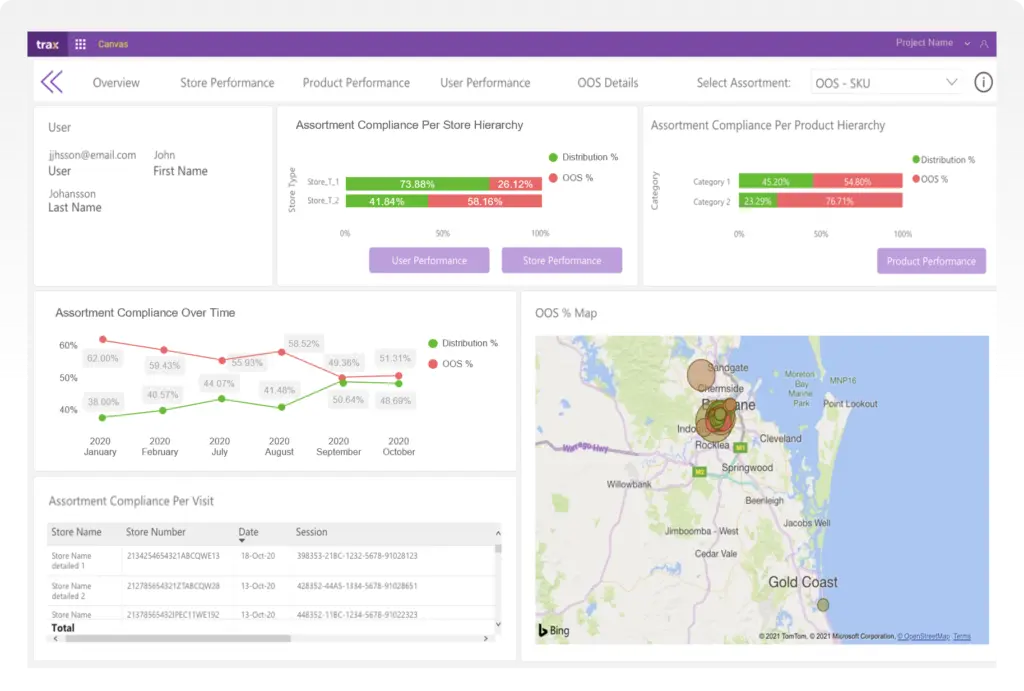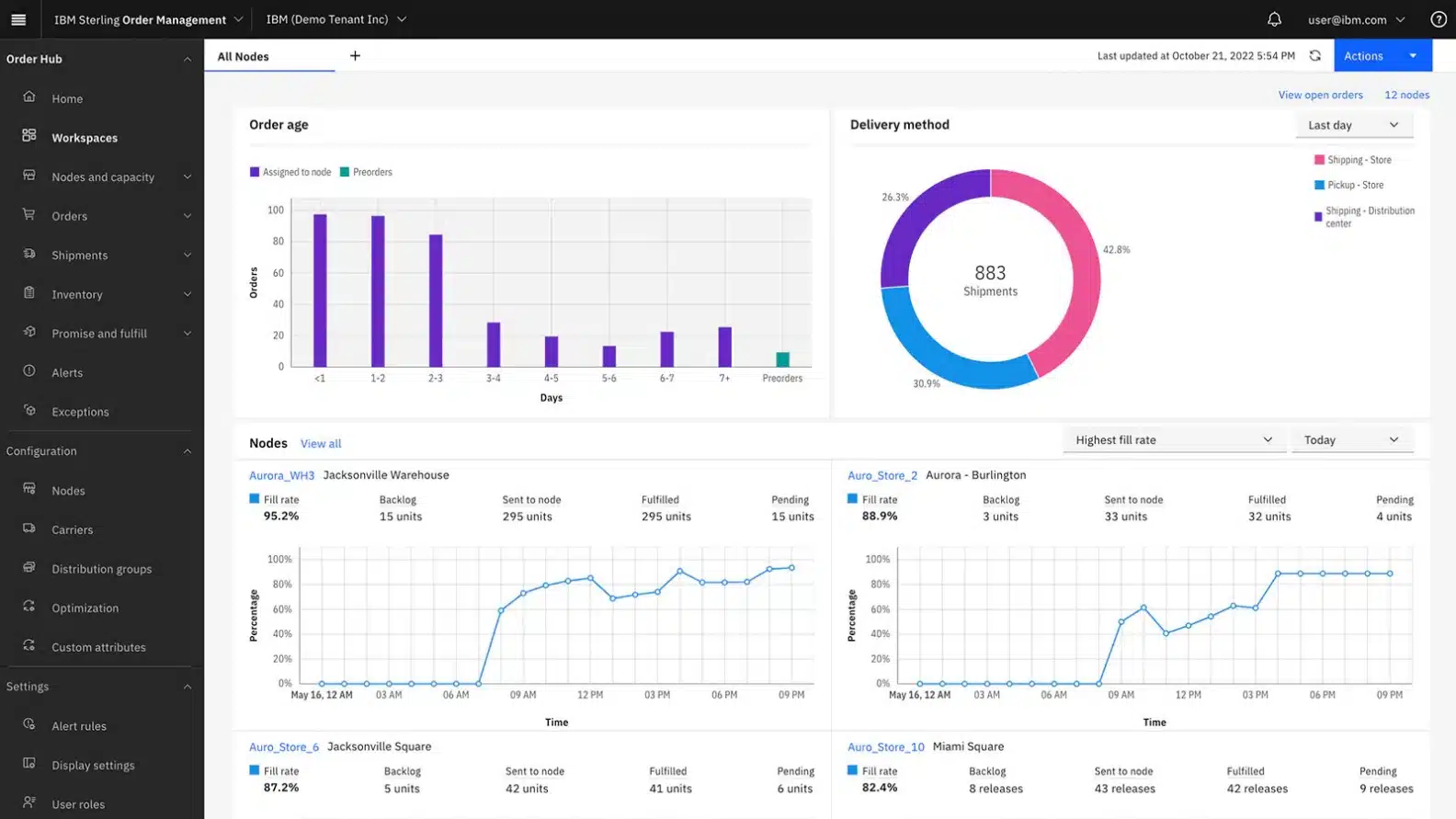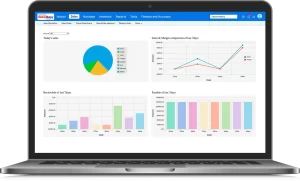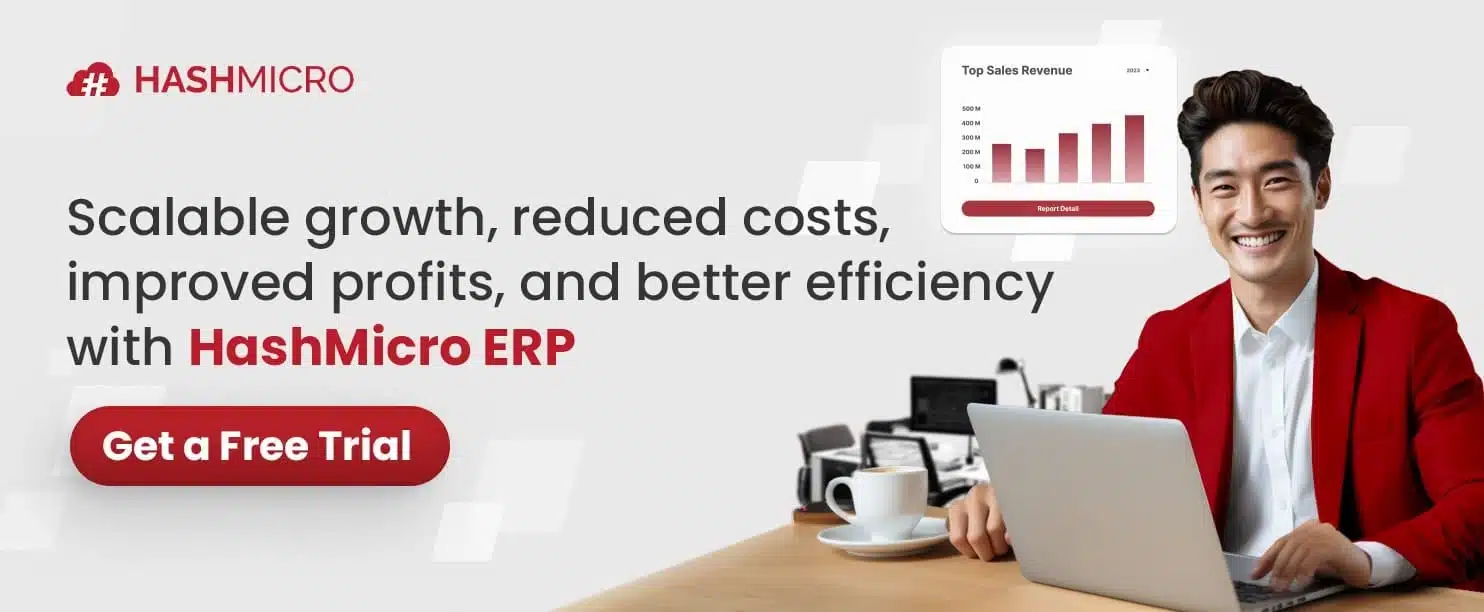============Malaysian FMCG brands are under pressure to meet rising consumer expectations. With e-commerce and digital platforms dominating retail, buyers demand smooth, quick, and error-free shopping from start to finish.
A recent global study on FMCG revealed that user experience, trust, and supply chain reliability strongly impact satisfaction levels. For companies in Malaysia, these elements are essential in the current digital-first market.
Older systems and manual processes can’t support the fast pace of modern FMCG distribution. Delays, inaccurate inventory, and poor coordination result in lost sales and frustrated customers.
This guide explains why integrated FMCG software is essential, highlights must-have modules, and recommends the best solutions available for Malaysian businesses. We’ll also share expert tips to help you make a confident and informed software choice.
Key Takeaways
|
Why Do FMCG Companies Need Integrated FMCG Software?
Managing inventory and distribution manually often leads to major inefficiencies. When forecasting is off, companies risk running out of stock or holding excess products that consume space and resources.
These issues result in missed sales opportunities, product spoilage, and customer dissatisfaction. Manual entry also causes delays and errors, which reduce productivity and inflate operational costs.
Integrated FMCG software addresses these problems by automating processes, improving accuracy, and supporting real-time decision-making. Here’s how your business can benefit:
- Improved forecasting and planning
Predict demand more accurately and adjust inventory levels accordingly to avoid disruptions. - Reduced stockouts and overstocking
Maintain optimal stock levels and avoid tying up capital in unsold goods with smart inventory management strategies. - Increased sales and revenue
Ensure popular items are available to meet demand consistently and drive revenue growth. - Reduced waste and storage costs
Minimize excess inventory and cut unnecessary warehouse expenses. - Real-time tracking of product expiration dates
Keep tabs on expiry-sensitive goods using accurate inventory tracking for FMCG to avoid spoilage and ensure product safety. - Faster delivery times and higher customer satisfaction
Streamline logistics and improve service quality through better supply chain visibility using retail distribution software.
5 Important Modules for FMCG Software
A comprehensive FMCG software typically consists of several modules designed to address specific business needs. Below are five important modules that FMCG software should have:
1. Procurement Module
This module automates the procurement process, enabling companies to manage their suppliers and negotiate more favourable prices effectively. With real-time visibility into procurement operations, companies can reduce costs, improve efficiency, and increase transparency.
2. Sales Management Module
The sales management module transforms the sales process with a centralized approach to orders, invoicing, and performance tracking. Real-time insights enable efficient delivery and strong relationships with distributors and retailers via optimized routes and improved communication.
3. Supply Chain Management Module
This module follows shipments and deliveries in real-time, allowing companies to manage their logistics more effectively. With real-time updates on supply chain operations, companies can speed up deliveries, lower transportation costs, and make customers happier.
4. Inventory Management Module
Companies can make accurate forecasts and plans by tracking inventory levels in real time. This real-time visibility also allows companies to automate stock replenishment, which reduces the chances of running out of stock or having too much stock on hand. As a result, companies can avoid costly mistakes and improve their overall efficiency.
5. Accounting Module
The Accounting Module is the financial backbone of FMCG software, expertly handling all monetary transactions, from accounts payable and receivable to billing and invoicing. As the central hub for financial management, it ensures accurate bookkeeping, tracks cash flow, and guarantees that every transaction is accounted for.
Smoothly integrated with inventory management and sales, this module provides a unified view of financial data, empowering businesses to make informed decisions, optimize costs, and drive profitability.
By implementing FMCG software with these modules, companies can overcome the challenges of manual management and unlock efficiency, productivity, and profitability. With real-time visibility, automation, and data-driven decision-making, FMCG companies can stay ahead of the competition and thrive.
Top 10 FMCG Software for Malaysian Businesses
Finding the right FMCG software for your business can be overwhelming. However, we are here to assist you. We’ve compiled a list of the top 10 FMCG software in Malaysia, taking into account factors such as affordability and flexibility. Check out our recommendations and discover the perfect fit for your business.
1. HashMicro FMCG Software
HashMicro is a cloud-based ERP software for FMCG industry players. Founded in Singapore, it has expanded globally to serve fast-moving consumer goods companies. It offers a no-commitment free demo to help you explore its features firsthand.
HashMicro’s software supports automated inventory tracking, real-time stock updates, and optimized distribution planning. These features help simplify supply chain management and improve demand forecasting, which is essential for FMCG businesses.
It excels in managing multiple warehouses and distribution channels, real-time product tracking, and automated customer follow-up. Plus, it integrates seamless with other modules like accounting software, CRM, sales force automation, and logistics management, providing a unified operational view.
Key features include inventory management to minimise stockouts, a CRM system for enhancing customer satisfaction, sales operations tracking, automated financial transactions, and retail billing that proactively identifies inventory issues.
Below are some of HashMicro’s key features:
- Inventory Management: HashMicro helps you track inventory levels, reduce stockouts, and improve order fulfillment software efficiency.
- Customer Management: The CRM module helps you manage customer interactions effectively, leading to increased customer satisfaction and loyalty.
- Sales Operations: This software helps manage sales processes and track your sales team’s performance to ensure they meet targets, which is important, especially in industries like FMCG, where sales are crucial.
- Automate Financial Transactions: HashMicro’s software can automate your company’s financial transactions for full transparency and accurate records.
- Maintain Stock Availability: The inventory module helps you maintain stock availability.
- Supply Chain Management: HashMicro provides real-time visibility into supply chain operations.
- Retail Billing Software: HashMicro FMCG billing software emphasizes inventory defects in advance, helping you identify and resolve issues before they become major problems.
| Pros | Cons |
|
|
Ready to transform your business with ERP solutions? Click here to calculate your custom pricing and see how amazing innovation can be.
2. SAP FMCG Software
SAP is a robust FMCG software solution that supports businesses in streamlining product development and optimizing supply chains. It also helps manage inventory tracking for FMCG operations while enabling tailored marketing efforts.
Features:
- Production planning
- Warehouse optimization
- Inventory tracking
- Order processing
- Mobile apps
| Pros | Cons |
|
|
3. Focus Softnet FMCG ERP Software
Focus Softnet is ERP software for FMCG companies, which helps optimize their operations. Its ERP software, Focus 9, is designed to meet the specific needs of the FMCG industry, offering a range of features to manage various aspects of business operations.
Features:
- Inventory management
- Supply chain management
- Financial management
- Regulatory compliance reporting
| Pros | Cons |
|
|
4. Oracle FMCG Solution
Oracle Retail Cloud Services offers a powerful FMCG software solution tailored for merchandising. It supports inventory control, replenishment, and financial tracking, making it a suitable FMCG software solution for businesses aiming to streamline operations and boost efficiency.
Features:
- Approval process workflows and tracking
- Revision management
- Data model
- Reporting and analytics
- Real-time data
| Pros | Cons |
|
|
5. ERPNext
Oracle Retail Cloud Services offers a powerful FMCG software solution tailored for merchandising. It supports inventory control, replenishment, and financial tracking, making it a suitable FMCG software solution for businesses aiming to streamline operations and boost efficiency.
Features:
- Manufacturing management
- Website management
- Production planning
- Inventory management
| Pros | Cons |
|
|
6. Microsoft Power BI
Microsoft Power BI is not a traditional FMCG software, but it provides powerful analytics tools for FMCG companies to make smarter decisions. It helps improve supply chain efficiency and streamline operations through real-time data insights and custom dashboards.
Features:
- Unified analytics
- Supply chain dashboard
- Campaign analysis dashboards
- Finance dashboards
- Data visualization
| Pros | Cons |
|
|
7. Trax Retail
Trax Retail is a retail analytics platform tailored for consumer goods and FMCG companies, offering real-time insights into shelf availability, pricing, and promotions. By leveraging machine learning, it enhances inventory tracking for FMCG businesses and improves retail performance.
Features:
- Automated data collection
- Real-time insights
- Machine learning algorithms for predictive analytics
- Retail analytics and insights platform
| Pros | Cons |
|
|
8. IBM Sterling WMS
IBM Sterling WMS is a warehouse management solution tailored for FMCG software users. It improves order handling and inventory tracking for FMCG wholesalers by streamlining warehouse operations and enhancing supply chain visibility.
Features:
- Inventory management
- Order management
- Shipment management
- Supply chain optimization
| Pros | Cons |
|
|
9. Gofrugal FMCG Software
GoFrugal is cloud-based FMCG management software designed to enhance operational efficiency. With tools like mobile apps and real-time business intelligence, it helps FMCG businesses improve customer satisfaction and streamline everyday processes.
Features:
- Inventory management
- Customer relationship management
- Real-time data visibility
- Mobile apps
| Pros | Cons |
|
|
10. RetailGraph FMCG Solution
RetailGraph is a complete distribution ERP software that supports FMCG businesses in managing retail operations more effectively. With customer management, analytics, and developer API features, it enhances efficiency and drives better service delivery.
Features:
- Catalog management
- Customer management
- Accounting management
- Email integration
- Billing & invoicing
| Pros | Cons |
|
|
Overall Comparison of FMCG Software Solutions in Malaysia=
| Provider | Connection Quality | Bank Coverage | Ease of Integration | Data Enrichment |
|---|---|---|---|---|
| HashMicro | ||||
| SAP | ||||
| Focus Softnet | ||||
| Oracle | ||||
| ERPNext | ||||
| Microsoft Power BI | ||||
| Trax Retail | ||||
| IBM Sterling | ||||
| Gofrugal | ||||
| RetailGraph |
Tips on Choosing the Best FMCG Software
Selecting the ideal FMCG software for your business in Malaysia can be challenging due to the wide range of available options. Each provider offers a unique set of tools, pricing models, and customization options. To make the right decision, it’s essential to match the software with your specific operational needs.
To simplify your search, consider these key factors when choosing the best FMCG production ERP software for your business.
- Budget: Always evaluate how much you’re willing to invest monthly and check if the software’s benefits justify the cost. Some platforms offer comprehensive plans with no hidden fees, ensuring value for money.
- Features: Focus on what your business truly needs, like inventory tracking for FMCG, real-time analytics, or procurement automation. The best solutions provide these essentials while integrating with existing systems.
- Scalability: As your business grows, your software should scale with you. Flexible solutions that can be customized to your processes will help you avoid costly upgrades later.
- Integration: Prioritize FMCG software that connects well with your current tools. Using ERP software systems that allow seamless integration can reduce errors and boost operational efficiency.
- Security: Don’t compromise on data protection. Look for vendors that meet international standards, especially if you’re dealing with sensitive customer or supply chain information.
Finding the right ERP solution can greatly impact your company’s efficiency and profitability. With the right tools, you’ll be able to manage complexity, optimize resources, and adapt to changing market demands.
Conclusion
Managing supply chains and inventory manually in the FMCG industry carries a high risk of inefficiency. The use of FMCG software serves as a solution to automate business processes, from real-time stock tracking to accounting and sales management. The ten software options discussed offer various features for the Malaysian market. Ultimately, a successful implementation depends on a careful evaluation of the features, flexibility, and how well the system can adapt to the company’s workflow
Choosing the best FMCG software is crucial for businesses that want to remain competitive in Malaysia’s dynamic fast-moving consumer goods market. From automating sales and tracking inventory to improving logistics and customer relationships, the right software can significantly enhance your operations.
Experience the power of HashMicro’s FMCG software firsthand. Try our free demo today, or contact our expert team to discover how we can transform your business operations!
FAQ About FMCG Software
-
What industries besides food and beverage benefit from FMCG software?
Apart from food and beverages, FMCG software is widely used in industries such as personal care, household products, pharmaceuticals, and even over-the-counter health products. These sectors also face high-volume distribution needs and short product lifecycles.
-
Can FMCG software support promotional campaign management?
Yes, many advanced FMCG software solutions include modules that help plan, execute, and monitor promotions. This ensures alignment between inventory, demand forecasts, and marketing efforts.
-
How does FMCG software handle product returns or expiries?
FMCG ERP systems typically have return management features and real-time inventory tracking for FMCG. These help manage expired goods, reduce wastage, and streamline the returns process to maintain accuracy and compliance.
-
Is mobile access important in choosing FMCG software?
Absolutely. Mobile-friendly FMCG management software lets sales teams and warehouse staff update or access critical information on the go, improving operational speed and decision-making.
-
How long does it take to implement FMCG ERP software?
Implementation time varies based on company size and system complexity. For SMEs, it may take 1–3 months, while larger enterprises might need 6 months or more.







